


Cookbook author Cynthia Nims’ romance with food had as good a beginning as any: a ham sandwich.
Nims ’86 had just arrived in Paris for a study abroad program when she tasted a classic French baguette sandwich with ham, butter, and Dijon mustard. The simplicity was “mind blowing,” she says. “It was different from any sandwich I’d ever had.”
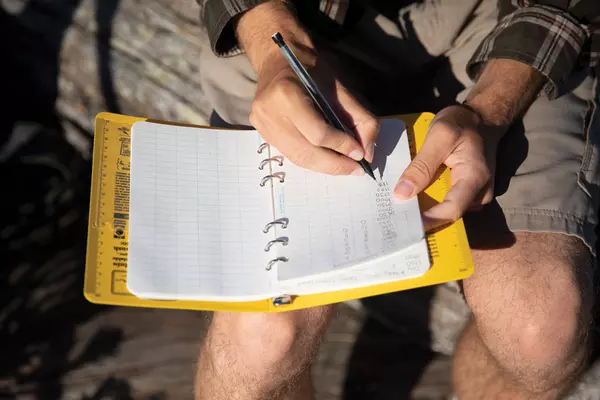
Browns Point Lighthouse Park is remarkably silent on a Tuesday morning in late July.
The gentle waves of the Puget Sound, tamed further by the embrace of Tacoma’s Commencement Bay, are barely audible. The hum of cars on nearby WA-509 fades as you walk down from the parking lot to the shore. Even the seabirds, hanging low and lazy in the sky, don’t break the peace. Everything at Browns Point is serene, right down to the quaint little art deco lighthouse.
The quiet makes the sudden excited energy from two barefoot college students seem all the more out of place.
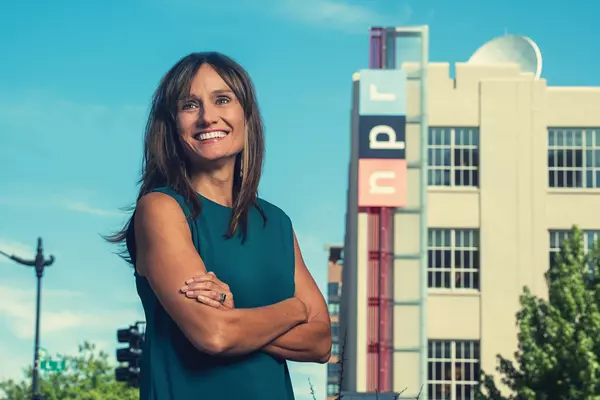
Access to National Public Radio’s Washington, D.C., headquarters is limited these days; tours of the building, located a mile due north of the U.S. Capitol, remain suspended as they have been since the COVID-19 pandemic began. It’s not off limits to employees, of course, but as at so many other workplaces over the past two and a half years, the option to work from home has proven too attractive for many to pass up. So it is that when Rachel Martin ’96, Hon. ’14 offers to show around a guest, the high-tech studios at North Capitol Street NE are not on the itinerary.
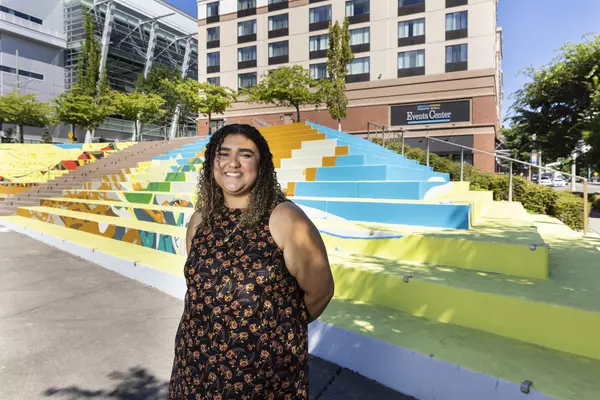
In early August, with the summer sun high overhead downtown Tacoma, Chloe Pargmann-Hayes ’24 climbed the steps of Tollefson Plaza with a paint roller in hand to help put the finishing touches on a massive mural. This was the culmination of months of work to create the city’s first piece of public art honoring the Black Lives Matter movement. Pargmann-Hayes helped make the project a reality through her role as the project’s communications intern. Now, she was assisting the artists with the final touches.
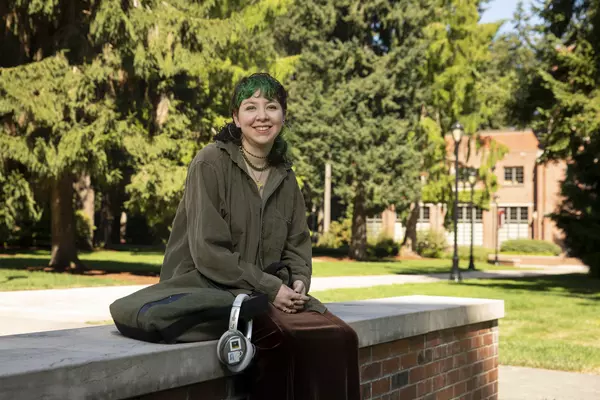
Growing up in Portland, Ore., Bella Rodriguez ’24 was struck by the absence of Latino stories in the narrative of the city’s history. It wasn’t until she started studying history, environmental policy and decision making, and Latina/o studies at University of Puget Sound that she started to ask questions about the history of Latinos in Portland. That curiosity led her to dig deep into the city’s complicated racial history and uncover the story of the Cuban refugee community which sprang up overnight in the 1960s.
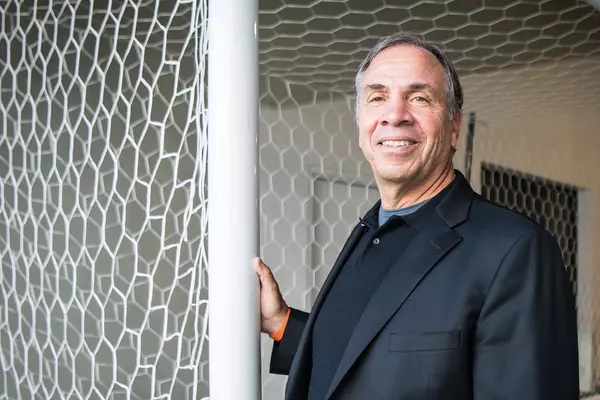
Steam poured out from the grille of the “Loggermobile,” the University of Puget Sound’s team bus.
It was not an elegant vehicle. Built sometime in the ’60s, it wasn’t really even a bus at all—it was a 15-passenger stretch Chevy Suburban, the type of ungainly behemoth typically reserved for use as an airport shuttle or an ambulance. Now, on the way back from playing a match at Simon Fraser University in Vancouver, the Loggermobile had given up the ghost.